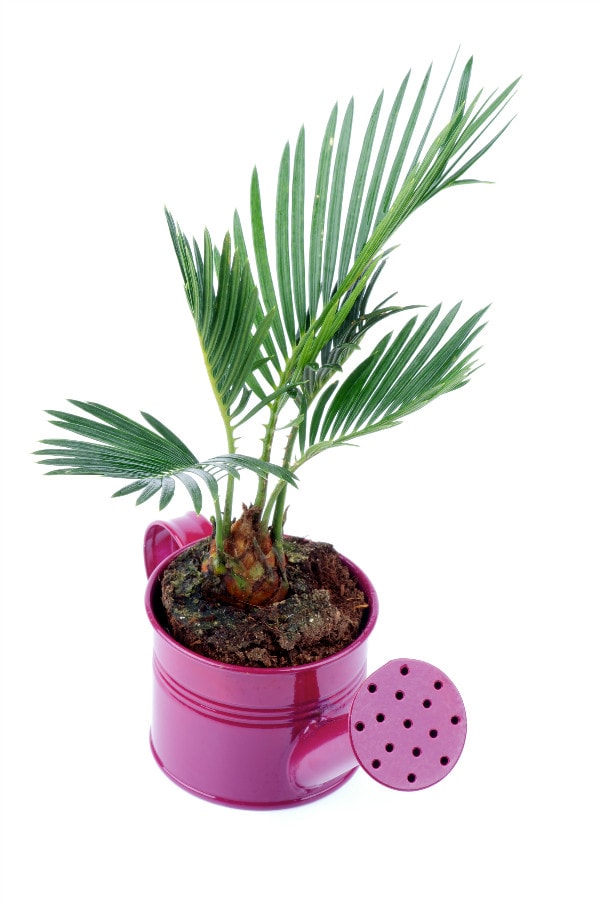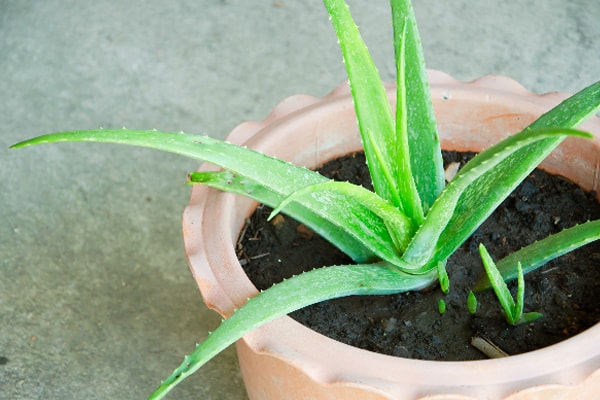Download Free Vegan Starter Kit -

8 Indoor Plants that Purify the Air so you can Breathe easy!
-min.jpg)
Image courtesy Instagram - Justina Blakeney
Pollution levels are at an all-time high. The residual effects of crackers, the smoke from burning crops has created a permanent cloud of smog around Delhi. Other cities aren’t faring much better. Gone are the days when stepping out for a brisk morning walk ensures you stay in top form right through the day. These days the levels of toxicity are highest around the time of sunrise. Your rejuvenating jog might just see you holed up in bed for the rest of the day with a running nose, a crackling cough and major respiratory issues.
Studies have shown that in the last 17 years the pollution levels have never been this high the PM10 is in the range of 900-1700 microgram per cubic metre while the standard level is 100 as per reports by The Hindu

With the outdoors becoming inaccessible it makes more sense for us to freshen up our interiors. Instead of chemical-based air purifiers which could have other side effects depending on the allergies you suffer from, just spruce up your living space with noxious gas-absorbing oxygen giving plants.
Opt for the plants which grow easily in your climate and require minimal care. The perfect inexpensive way to breathe cleaner and less polluted air.
1. Areca Palm
Given our tropical humid climate palm trees are low maintenance and no fuss. This tree can grow up to a height of thirty feet outdoors but when it’s planted in a pot the growth can be restricted to about seven feet.this plant fares best with partial or indirect sunlight, It’s one of the best available humidifiers, and simultaneously filters xylene and toluene from the air. Reasonably priced and easily available start your indoor collection with this plant.

2. Aloe Vera
Apart from the pollution outside, there is a level of toxicity which is created which is created due to harsh chemical cleaners such as phenyl. This plant helps to clear out formaldehyde and benzene from the indoor air. Also, Aloe vera is one of the few plants which absorb carbon dioxide and releases oxygen at night making it an appropriate choice for the indoor environment. Also if you take the trouble to extract the gel from the succulent leaves of this plant it can be used as a cure for various ailments from mouth ulcers to burns.

3. Spider Plant
This bushy easily grown plant of African origin is supposed to absorb benzene, carbon monoxide and xylene a solvent used in the leather, industry. This plant gets its name from its uniquely-shaped leaves which dangle like spiders on a web. According to NASA, this is one of the top three plants to remove traces of formaldehyde. This plant is also completely safe for your pets.
-min.jpg)
4. Snake Plant
Mother-in-laws tongue is the other name for this spiky leafed plant. This plant converts carbon dioxide into oxygen at night. So it though can be placed all over the house, it's most suited for your bedroom. Apart from generating oxygen it also filters formaldehyde, trichloroethylene, xylene, toluene, and benzene from the air.
-min.jpg)
5. Indian Basil - Tulsi
Our ancestors grew Tulsi simply because it was used for the daily pooja ritual. All houses in earlier times had a tulsi plant growing in the verandah. It’s only now that we are also realizing the unique benefits of this plant. The Tulsi plant purifies the indoor air leaving the people in the house with a renewed sense of vigour and energy. It doesn’t need much care but a few hours of direct sunlight every day are a must. This plant tends to grow rapidly during the monsoon so snip off a few leaves and chew them raw or add to your green tea for added flavour. Very much like the aloe vera the leaves of this plant are as beneficial as the plant itself.
-min.jpg)
6. Dracaena
This is a plant which has gained popularity over the last two decades. Since this plant doesn’t require direct sunlight and thrives well under fluorescent light it’s a popular choice for offices. A few people who don’t get direct sunlight in their homes also opt for this plant. Pet owners need to be careful since this plant is harmful to cats and dogs.
-min.jpg)
7. Weeping Fig (Ficus Benjamina)
It’s a bushy plant which will add a splash of colour to your living room. Though looking after any plant from the Ficus family can be a little tricky initially with the correct combination of water and sunlight this plant will survive for many years. This plant filters out pollutants such as benzene, formaldehyde and trichloroethylene. You might want to beware if you have a cat though. Eating large quantities of weeping fig leaves is harmful and on occasion even fatal for cats.
-min.jpg)
8. Bamboo Palm
A lot of the Chinese believe keeping a bamboo tree indoors brings in enormous amounts of good luck. While nobody can guarantee this fact we do know keeping a bamboo palm or a reed palm indoors will ensure cleaner healthier air. This plant grows quite fast so do keep repotting the plant as it grows. A perfect accessory to fill an empty corner. These plants are good at generating moisture and filtering trichloroethylene and formaldehyde.
-min.jpg)
Besides, bringing these plants home, we suggest you also try other techniques that might help in this condition.
While cleaning the floor, make sure to use a very damp cloth so that moisture is released in the air, also throw some water around the house to decrease the effects of the smoky environment.
Along with this, wear masks while walking around in the open to avoid falling further sick!
*Main Image Courtesy Instagram - Justina Blakeney
Like This?
Read: Cruelty-free Solutions to get rid of Mosquitoes
Read More: 7 Tips To Reduce Waste At Home Everyday!
AUTHOR

trending
Be a Vegan First Informer
Send us buzzworthy news and updates
Explore
Contact Us
About Us
Stay Connected
Copyright ⓒ 2017-2023. VEGAN PASSION PRIVATE LIMITED. All Rights reserved.
For more information, please write to hello@veganfirst.com
Registered Office Address: 55, 2nd floor, lane 2, Westend Marg, Saidullajab, Near Saket Metro Station, New Delhi, Gadaipur, New Delhi South West Delhi, DL

2.png)

.png)
.png)
2.png)
2.png)
2.png)


1.png)



